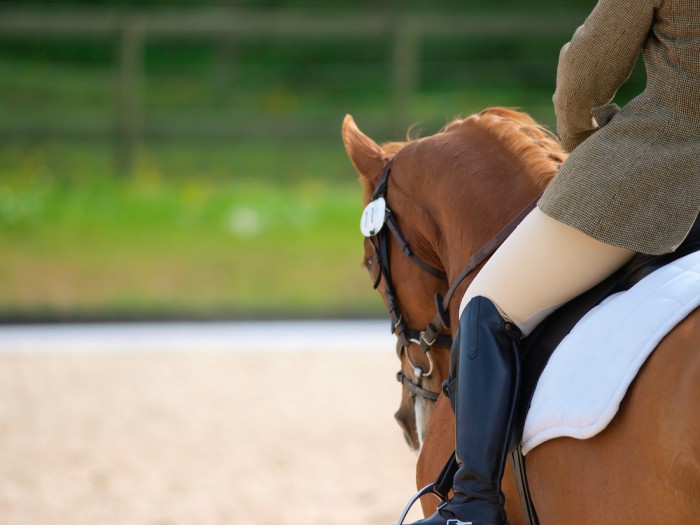
Equestrian injuries. Are we addressing functional outcomes?
In the equestrian sports many accidents occur. In the majority of cases the injuries occur after a fall. It is in the same line as motorcycling, skiing and rugby. These are all sports that are considered dangerous because (serious) injuries happen often.
It is almost inevitable when you work with a partner of over 500 kilos, which can kick with the power of almost a ton and who is unpredictable when spooked.
This research focuses on what happens after an injury.
A lot of studies have been done on the subject of which injuries are most common to riders (trunk and head) and how they develop (mostly falls). Normally, patients who have suffered a (serious) injury will use a form of rehabilitation programm. This mostly consist of a speech therapist, physiotherapist, remedial therapist or an occupational therapist in combination with a doctor.
In this research, all patients with horse-related injuries that visited the emergency room at 'The Foothills Medical Center' were asked if they wanted to help with this research. A large team of various specialisms conducted telephone interviews with 141 patients.
As found in other studies, it emerged that most of the injuries occured after a fall. Slightly less than half of the patients who participated in the study indicated that they have had a form of rehabilitation. More than half of the riders (55%) had maintained constant complaints to the equestrian injury. Chronic pain and headache were also common (62%).
The articles shows that equestrians make little use of a rehabilitation program in any form whatsoever.
Have you ever visited a (para-) medic such as a physiotherapist after a horse-related injury?
Expert opinion by Sophie Delemarre
As a physiotherapist and horserider I can confirm that most equestrians rarely come by themselves with a request for help. They often think of their horse first and when the horse is fine then they might consider thinking of themselves.
It would be nice if riders would also think a little bit more about themselves. You can not ride your horse if you have an injury! Maybe ask for help a bit sooner?
> From: Ball et al., J Trauma Manag Outcomes 3:2 (2009) 1-5. All rights reserved to Creative Commons Attribution License. Click here for the online summary.


